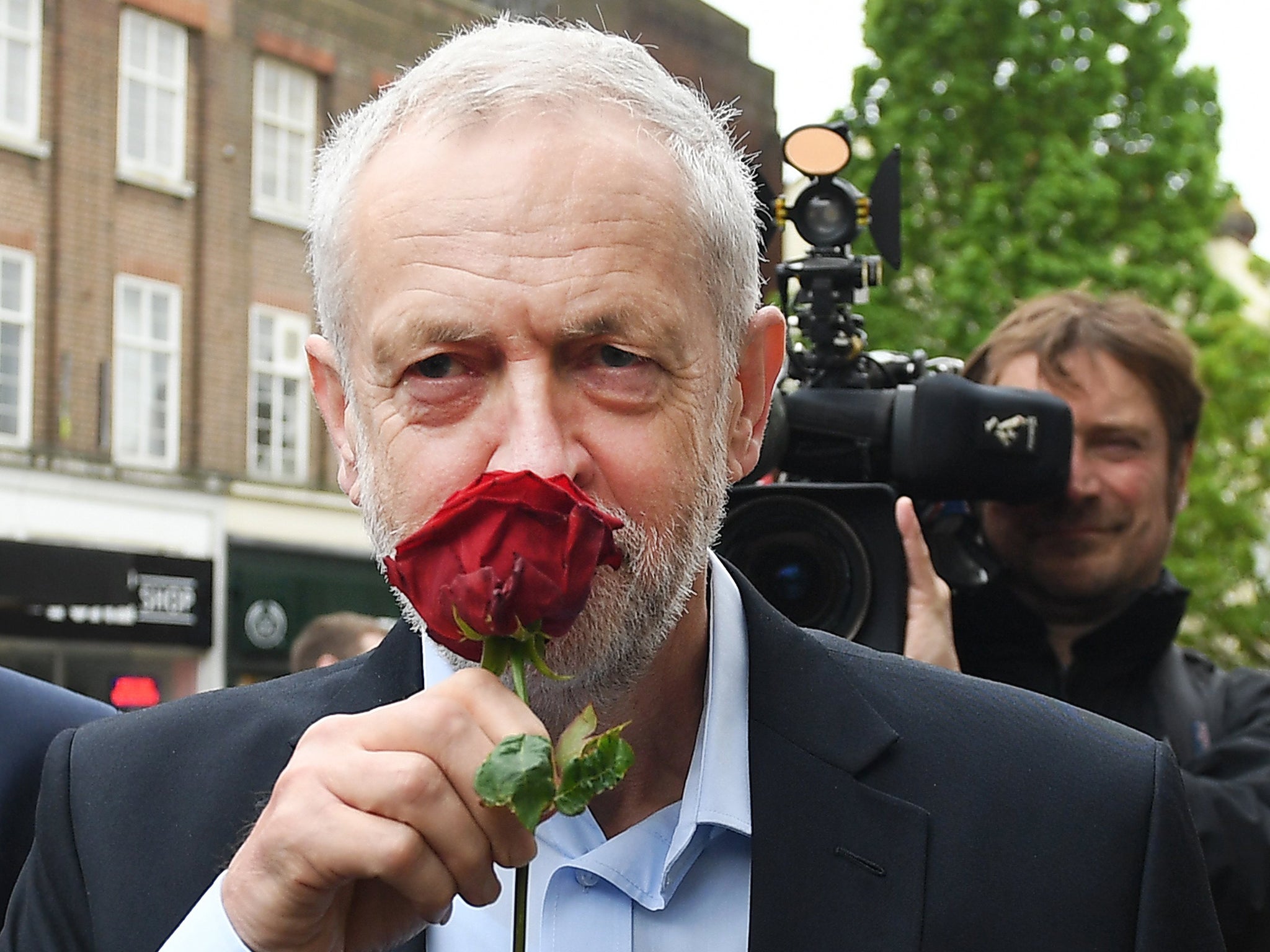Local elections 2017: Labour braces itself for heavy losses as Conservatives make gains
Labour had lost 112 council seats by 5am and was bracing itself for more later in the day. The Tories had gained 130 while the Liberal Democrats were down 16 seats

Jeremy Corbyn’s Labour is braced for heavy losses in local elections across England, Scotland and Wales as the party suffered a string of early defeats as counting got under way.
Just weeks before voters across Britain head to the polls to decide whether Theresa May or the Labour leader take the keys to Number 10, early indications suggested the party will be routed in council elections.
Professor John Curtice, one of the country’s top polling experts, said the results, so far, showed a significant swing to the Conservatives – currently averaging some seven points. He added the results were very much in line with expectations generated by recent opinion polls, offering a daunting glimpse of what awaits Labour at the general election.
With results still trickling in during the early hours of this morning, the party had already lost 58 council seats by 7am and was bracing itself for more later in the day. The Tories had gained 113 while the Liberal Democrats were down 13 seats. Ukip had lost 30.
In England and Wales, so far, the Tories have gained five councils while Labour has lost three – all of which, are in Wales.
Andrew Gwynne, Labour’s campaign chief, said there are challenges for the party around the country. “I’m not going to hide from that,” he told Sky News. “The one thing we really need to look at here is how we take forward the Labour campaign going into the general election.”
Barry Gardiner, the shadow International Trade Secretary, added: “It’s never good to hear that we are losing seats.”
In a dismal evening for the party Gillian Troughton, Labour’s candidate who lost to the Conservatives at the Copeland by-election earlier this year failed to retain her council seat in Howgate.
But with expected triumphs for Labour in the elections of “metro mayors” in Manchester and Liverpool, Mr Corbyn could mitigate the scale of defeat by pointing to these victories. Andy Burnham, the former Shadow Cabinet minister, and Steve Rotherham, an ally of the Labour leader, are widely expected to win the mayoral races in the regions respectively.
The Conservatives largely appeared to be benefiting extensively from a significant collapse in Ukip’s vote in England and Wales – a trend which would undoubtedly boost Ms May’s chances of strengthening her grip on power at the general election on 8 June. Lisa Duffy, a former contender for the right-wing party’s leadership, conceded Ukip was aware that the results will be “extremely challenging for us a political party”.
“We’re going through a new phase,” she added. “We got Brexit – or we certainly won the referendum, we're well on our way to Brexit now. With the general election being called so quickly, it's going to be a difficult night but it's one that we will grow from.”
Despite expectations of a revival for the Liberal Democrats the early mood was subdued for party insiders. One of their key targets, Somerset, was retained by the Conservatives. But there was one cause for celebration: the party’s former MP Tessa Munt, who lost her seat at the 2015 general election, won a seat on Somerset County Council.
Ms Munt told BBC Radio 4 that she believed the Lib Dems are “in full-on bounce back” and said there was a case for having the party “forming some form of opposition”.
Professor Curtice had previously told The Independent he believed the one big uncertainty for the local elections is the Lib Democrats and the extent of their revival. He added: “They’ve had this incredibly varied performance in local government by-elections, sometimes doing very well and other times doing nothing at all, and how this will pan out in broader local elections is unclear. I think that’s the biggest uncertainty – just how well they are going to do.
“Of course, even if they do well in local elections they won’t tell you they’ll do particularly well in the general election because they, historically, have always done better in local elections than general elections.”
During the early hours the Conservatives gained a majority in Warwickshire County Council – a region lost by the party in 2013. Previous analysis had suggested it could be “a step too far” for the party to win here. Cardiff, a key battleground between the Conservatives, Labour and the Liberal Democrats at recent general elections, is yet to declare. The Lib Dems will be hoping for gains in the Welsh capital which voted heavily for Remain at the European Union referendum.
Elsewhere in Wales, Labour lost control of both Blaenau Gwent and Merthyr Tydfil to independents, but retained Newport.
While the results on Friday will not be a direct read-across for the Westminster elections in five weeks’ time, they will provide a crucial indicator as to whether the Conservatives are gaining momentum across the regions of the UK – and whether the votes reflect the party’s significant lead in the opinion polls, which have them on course to increase their majority in June.
The local elections on Thursday took place in 88 councils – England saw 2,370 seats contested in 27 county councils, six unitary authorities, one metropolitan authority and two mayoralties. All of the councils in Scotland and Wales were up for election. Results in Scotland are not due until 9am.
Join our commenting forum
Join thought-provoking conversations, follow other Independent readers and see their replies
Comments
Bookmark popover
Removed from bookmarks